As a common non-metallic ore, limestone is widely used in construction, cement manufacturing and other fields because of its moderate hardness and wide distribution. The selection of limestone crusher is a key link to ensure production efficiency, product quality and operating costs.
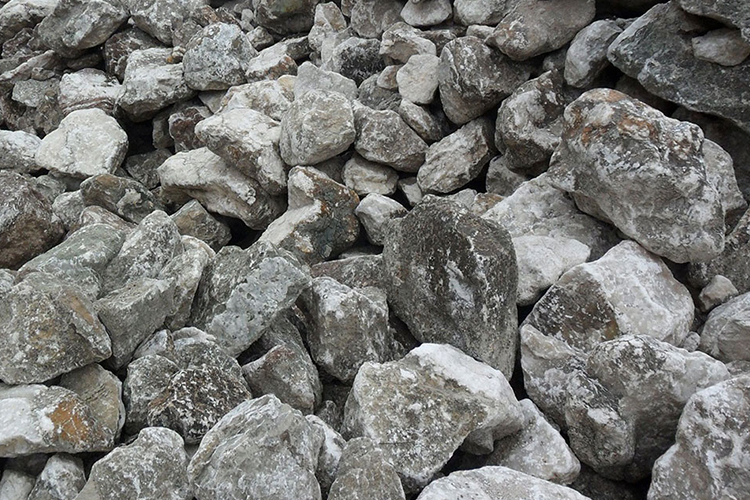
Since the performance of limestone crusher is affected by multiple core parameters, these parameters not only determine the basic working capacity of the equipment, but also relate to its adaptability and economy under specific working conditions. Therefore, the selection of a suitable limestone crusher requires comprehensive consideration of multiple technical parameters and actual production needs to achieve efficient, economical and environmentally friendly production goals. The following are several key parameters that should be focused on when selecting a limestone crusher:
1. Crushing cavity type
The design of the crushing cavity directly affects the movement trajectory and force of the material during the crushing process. Reasonable cavity design can improve crushing efficiency and reduce over-crushing.
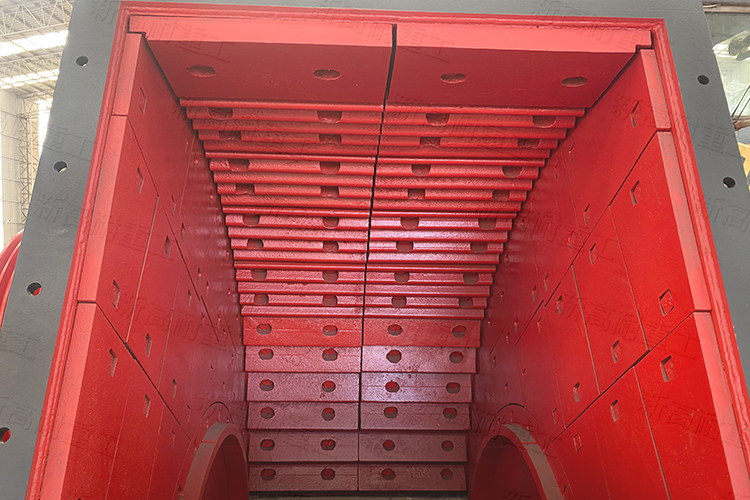
2. Motor power
The motor power directly determines the processing capacity and crushing strength of the crusher, and is closely related to the working efficiency of the crusher. High power often means stronger crushing capacity, but it also increases energy consumption. In addition, efficient motor and transmission system design can reduce energy loss and improve the overall energy efficiency ratio, which is related to operating costs and is also an important indicator for measuring the performance of modern crushers. The energy efficiency of the equipment should be considered when selecting, and crushers with high energy efficiency ratio and energy saving should be preferred to reduce energy consumption and costs in long-term operation.
3. Feed inlet size and discharge particle size
Feed inlet size: limits the maximum size of the processable material and determines the need for pretreatment before crushing. Discharge particle size adjustment range: by adjusting the internal structure of the crushing chamber, the output of products of different particle sizes can be achieved. Highly flexible equipment can better adapt to a variety of production needs. These two parameters directly affect the crushing effect and subsequent processing flow. When selecting, it should be determined according to the characteristics of the raw materials and the requirements of the final product specifications to ensure that the crusher can effectively reduce the material size to the required range.

4. Crushing ratio and throughput
Crushing ratio: reflects the degree of reduction in material particle size after primary crushing. A high crushing ratio means that the equipment can effectively reduce the material particle size and improve the crushing efficiency. For medium-hard materials such as limestone, choosing equipment with a large crushing ratio can improve production efficiency and reduce energy consumption.
Throughput: the amount of material that the equipment can process per unit time. It is a key indicator for measuring the production capacity of the equipment. It is usually expressed in tons/hour (t/h). When selecting, it should be determined according to its own production scale and needs to ensure that the selected equipment can meet daily production needs without excess or shortage.
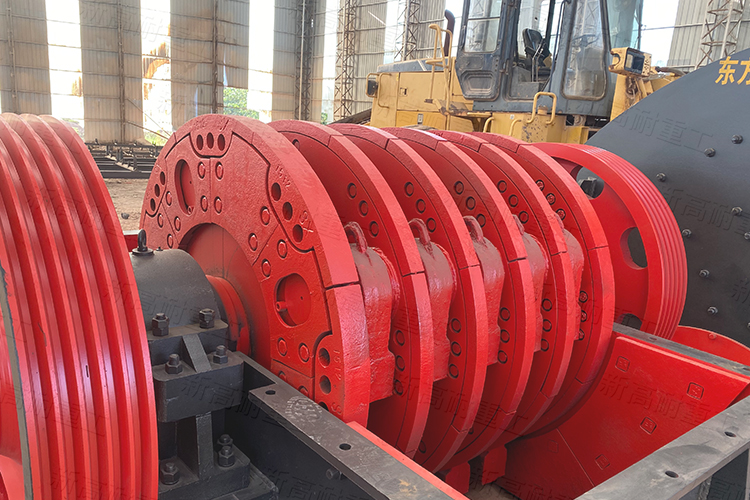
5. Life of wearing parts
The durability of wearing parts is also an important consideration, which directly affects the stable operation cycle and maintenance cost of the equipment. For example, the key components of the crusher, such as hammers and liners, are made of high-quality wear-resistant materials, which can significantly extend the service life of the equipment, reduce downtime and maintenance time, and reduce replacement frequency and maintenance costs.
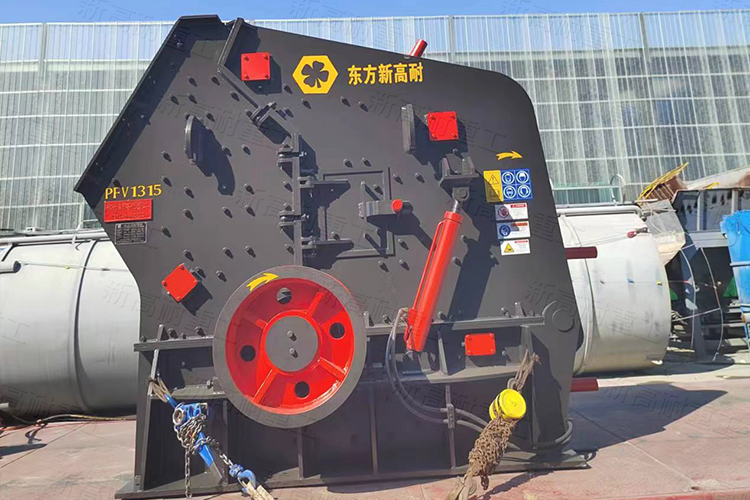
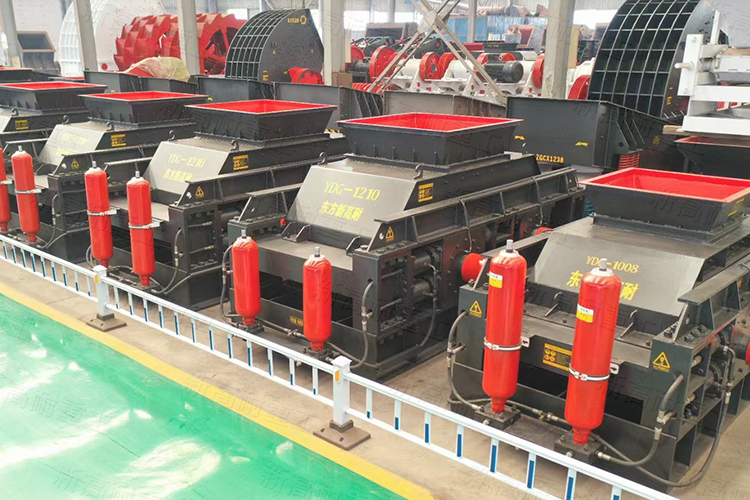
6. Model selection
Heavy hammer crushers, impact crushers, double-roll crushers, etc. are all suitable for limestone crushing, but different crushers need to consider different specific parameters. For example, heavy hammer crushers can focus on the material and quantity of hammers, rotor speed and adjustable range of discharging particle size; impact crushers can focus on the shape of the crushing chamber, the material of the plate hammer and the flexibility of the adjustment device; double-roll crushers can focus on the roller diameter and length, the roller surface material and the convenience of adjusting the gap.
In summary, the performance of limestone crusher is determined by a combination of parameters from many aspects. From the basic physical structure design to the efficient crushing capacity, the selection and optimization of each parameter has a certain impact on the overall performance of the equipment. Therefore, when selecting or designing a limestone crusher, the actual production needs and economic benefits should be fully considered. By comparing the product parameters, user evaluations and after-sales services of different manufacturers, field investigations and trial runs should be carried out, and finally the limestone crushing equipment suitable for its own production conditions should be selected to ensure that the production needs are effectively met and the best production benefits are achieved.
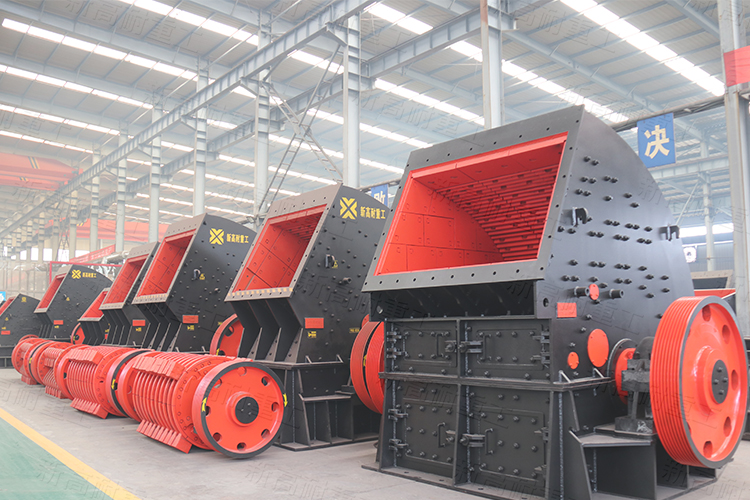
As a leader in the mining machinery industry, Xingaonai's heavy hammer crusher can be called a "limestone crushing expert". This series of crushers is made of high-strength wear-resistant materials, and the core components are precision machined and heat-treated to ensure the long-term stable operation and excellent durability of the equipment. It is of high quality and durable.
With its excellent manufacturing standards, leading crushing technology, advanced crushing chamber design and optimized power system, it can greatly improve the single crushing effect while ensuring the uniformity of the discharging particle size, effectively improve the processing capacity of the overall production line, and is favored by many mining and building materials companies. In terms of production capacity, it covers a wide range from 150 tons to 3,000 tons per hour. Whether it is a small job site or a large industrial production line, you can find an ideal model to match it, which can effectively meet the production needs of different scales and different working conditions. If you have relevant needs, please feel free to contact us!
Article Title: What are the key parameters to consider when choosing a limestone crusher?
Author:Xingaonai
Reprint URL: https://www.cadana.cn/industral-news/665.html
